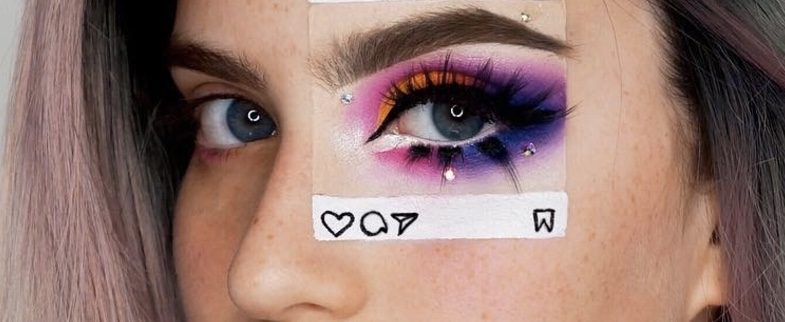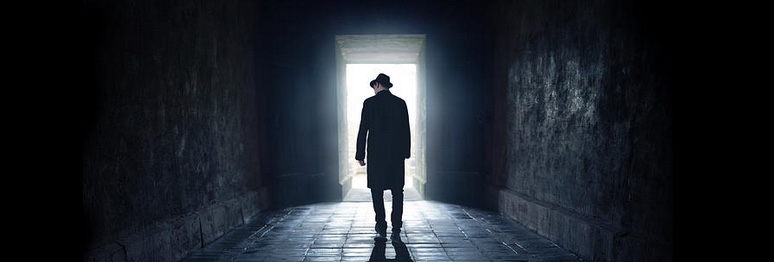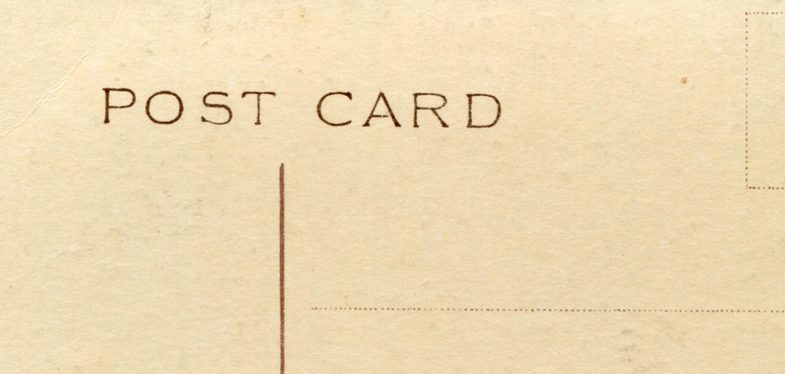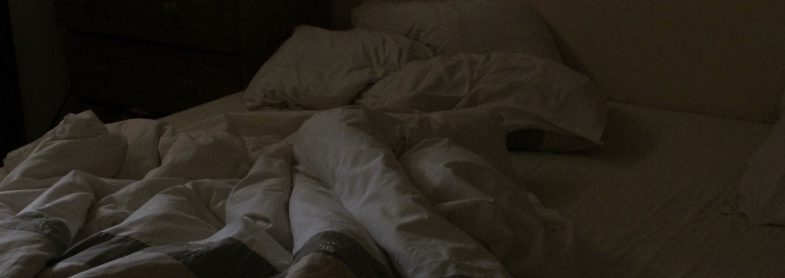I thought about escorting Sophie, worried that she might have trouble getting in without someone who had been actually been invited. But if that were the case the worst that would happen is that Sophie would be turned away. If we were seen arriving together and things went badly, they would make the connection, which could put her and the others into direct danger. As things were, I was probably under or had been under some kind of surveillance, so I had to assume they knew where I lived. And they might know that I lived in the same building as Sophie, but they might not have made the connection that we lived with one another.
It occurred to me that I wasn’t certain which “they” I was thinking of; Atwell, Mitnick, Sarti. My wariness was taking on new dimensions like a fractal. So I gave Sophie the name of the taxi driver, Alon, and the address. We agreed on times, me getting there before her, her leaving before things got too raucous.
I thought about stopping by Simon’s to pick up the phone, but decided he would have closed by now. Instead I used the public phone by the cathedral to hail a ride service. The casino used several so I had a number or two memorized. While I was making the call I left a message for Atwell in the booth. The ride, a blue compact, clearly designed to navigate the tight streets of European cities, appeared not long after.
I gave the driver the address to Mitnick’s party and we made our way up into the hills east of the city, the car’s small engine whining under the strain. I cracked the window when the driver, a short younger man barely visible behind the headrest, started to smoke. The irregular rain of the last few weeks had given way to a light, constant, warm breeze that carried the smell of the ocean and oleanders.
I expected to be taken into a neighborhood not dissimilar to the last time I had met Mitnick, but we kept heading further east, higher into the hills. Eventually we turned onto one of the drives that swept along the bluffs outside of town, the craggy white cliffs lit by the last bit of twilight. I ordered the driver to stop, using time as an excuse, telling myself I didn’t want to be too early. I watched the last of the twilight disappear on the Mediterranean, wishing to myself that I hadn’t let my ex-con paranoia keep me and Sophie hidden away in the apartment from so much beauty. I waited until the dark covered everything but the sound of the surf and the crescent moon. Then I got back in the car and told the driver to take me the rest of the way.
I knew we were at Mitck’s (or more likely one of his places) before the driver told me so. The road curved away from the ocean to make room for a mansion lit by floodlights, the white of its luted columns rising next to the sea like a Grecian temple. The neoclassical theme extended to the entire compound and struck me as a bit garish.
A half-circle drive extended out the to road, the lawn that it encompassed as flat and wide and green as a professional soccer field. A slew of cars moved slowly across the driveway’s surface, each stopped at a checkpoint by a pair of dark-suited professionals. We made our way until we were stopped as well, each man on either side of the drive. One carried some new model of SMG, compact and black, molded hand grooves to keep it from leaping out of hand when it spit whatever high-velocity death it was configured to fire. The men spoke perfect French and were clothed in such a similar way that I got the impression they were contracted from a security firm rather than a part of Mitnick’s crew. That made sense if Mitnick was hosting any locals he wouldn’t want to leave too strong a gangsterish smell around. There were only two of them, though, with two more probably at the drive’s other end. Certainly not enough to stop a dedicated assault. Despite his trouble with Sarti and any rivalries he might have back home, Mitnick must feel pretty safe in France these days.
When I told one of the guards I had been invited by Marek Mitnick both of them eyed the tiny blue auto with some suspicion. They clearly weren’t worried about us being dangerous, but amongst the Mercedes, Audis, limos, and sports cars, the well-worn automobile of my driver was obviously of a lower class. However, the full name of the host was enough to have them radio in on a handset one of them carried. A short moment later a burst of unintelligible static came back and we were waved through.
From there the cars split, some headed towards parking, others pulling around to the front of the mansion to disgorge guests. I watched the latter as we headed that way, seeing a parade of people, most of whom would have fit right in at the casino, others already too drunk or too seamy of character to ever be allowed in.
We pulled up in front. The stairs were brilliant white in the floods, a red carpet with blue piping turning the wide expanse into a massive flag. My hand on the door handle I hesitated – when Mitnick had mentioned drinks I had imagined something like the Abattoir, crowded and loud, but this was higher class than I expected. Then I spotted a guest in a brown suit near a statue of Minerva puking into the grass. I decided my unrefined sensibilities wouldn’t get me into too much trouble.

























